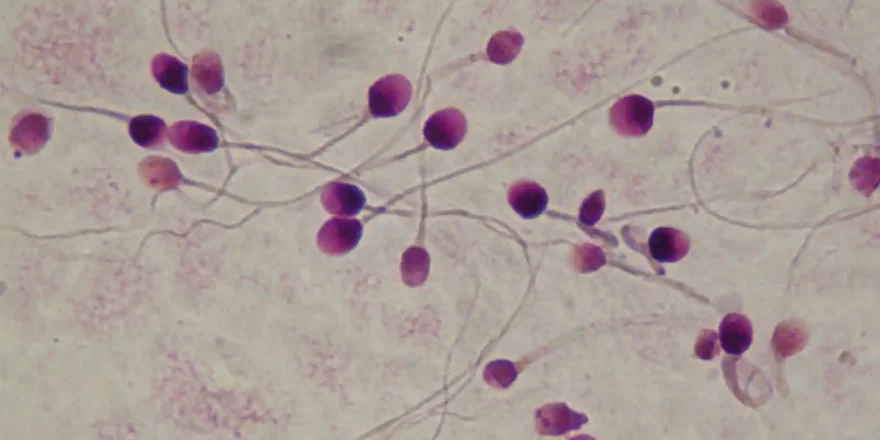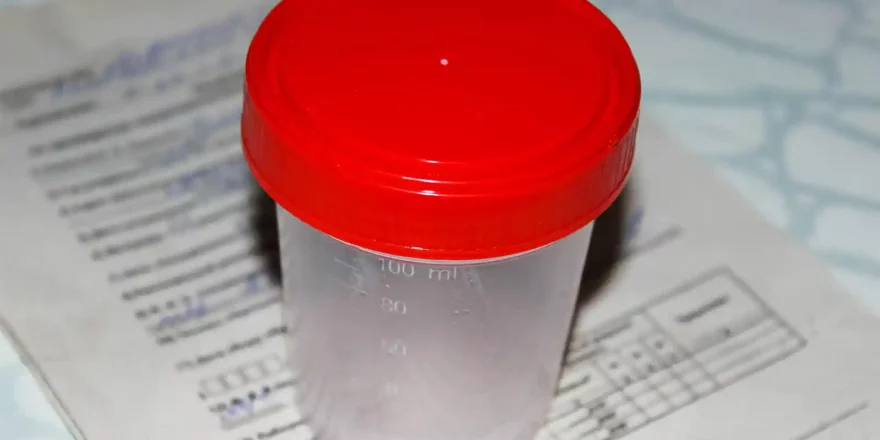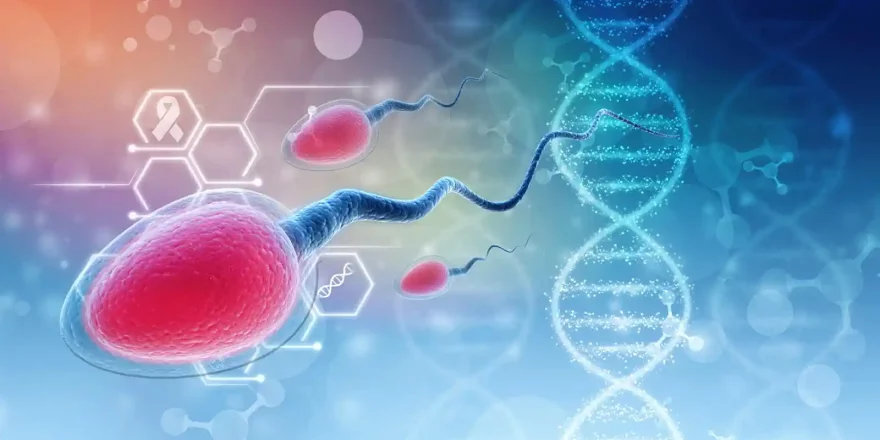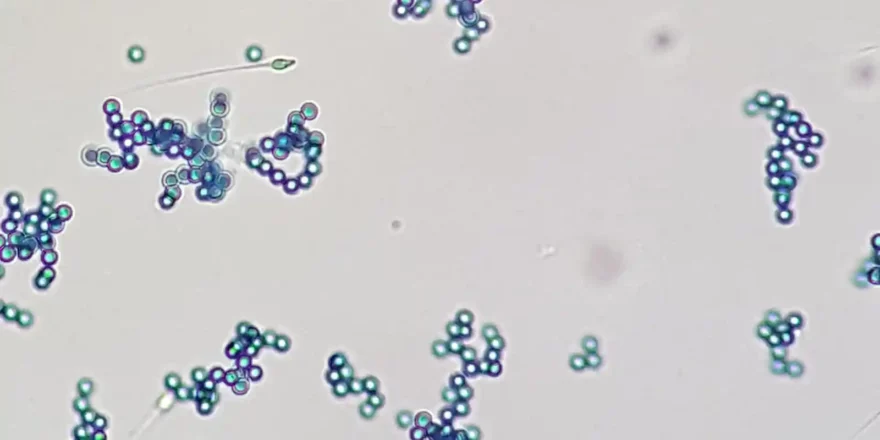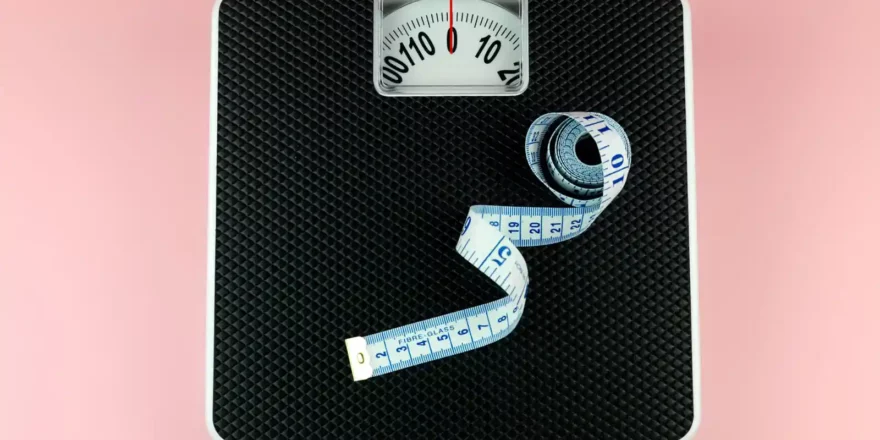The third trimester starts in week 27 and usually ends at week 40. The baby becomes increasingly prepared for birth as it grows throughout the trimester, and delicate organs like the lungs mature and become more functional. Most babies start to turn head-down from about the 28th week in preparation for their birth. Babies can put on up to ½lb...
Drugs and Fertility
Lots of drugs affect fertility, and some of them are essential for fertility treatments, but many of them significantly reduce the chances of conception. When we say “drugs”, we’re including hormones and all prescription and non-prescription medications, some of which can cause permanent damage to sex organs and sterility. Most of the research...
Lifestyle and Fertility
Lifestyle choices have defining impacts on our health and fertility, and lifestyle is generally something everyone can change for free. Making positive lifestyle choices can make a massive difference to conception rates and the health of our children. We provide the latest research on 12 lifestyle factors so you can fully understand the issues...
Semen Sampling
The “standard semen sample” is the first (and only) test that most men have for their fertility. While it doesn’t test to see if a man’s sperm can actually create a healthy pregnancy, it does check the crucial factors that (usually) indicate if a man is able to father a child naturally: Volume of semen Concentration o...
Additional Sperm Tests
Additional sperm tests are “above and beyond” the Standard Semen Test, which assesses the number of sperm likely to reach an egg and is a relatively basic way to assess male fertility. The Additional Sperm Tests look at a man’s sperm to see if they “have what it takes” to create a healthy pregnancy. These addition...
Pregnancy
Pregnancy is a nine-month, three-trimester journey for both the parents and the baby. Our morefertile® trimester guides explain the changes that both mother and babe make and useful advice on how to negotiate them.
Get Pregnant
Get pregnant explains how to dramatically improve the chances of getting pregnant each month and how to optimise your fertility by using some fairly simple techniques. Basal Body Temperature charting has been around for decades, and it’s a proven way to dramatically improve the odds of conception. It’s also very useful when women w...
Genetic Testing of Sperm
Genetic testing of sperm is appropriate when couples are having difficulty conceiving or have recurrent miscarriages. Genes are the DNA “code” that makes us unique and human. All cells carry genes on twisted strands of chromosomes, and they determine most things relating to our health and development. Half of a baby’s chromo...
Anti-Sperm Antibodies
Anti-sperm antibodies (ASAb) are a significant cause of infertility and affect between 9 and 36% of infertile couples i. They’re an immune response to sperm that tend to affect men more than women. The standard semen sample analysis can be extended to check for anti-sperm antibodies, and we recommend all men do this if possible. Men and ...
Weight and Fertility
Weight is a core issue for sex hormones and fertility; a classic example of this is the menarche (a girl’s first period) has been stable to an average weight of 104.5 lbs (47.5 +/- 0.5 Kg) for the last 120 years. However, girls now reach that weight (and the menarche) at about 12½, while it was 16½ in 1900. This dramatic four-year remodelling...




